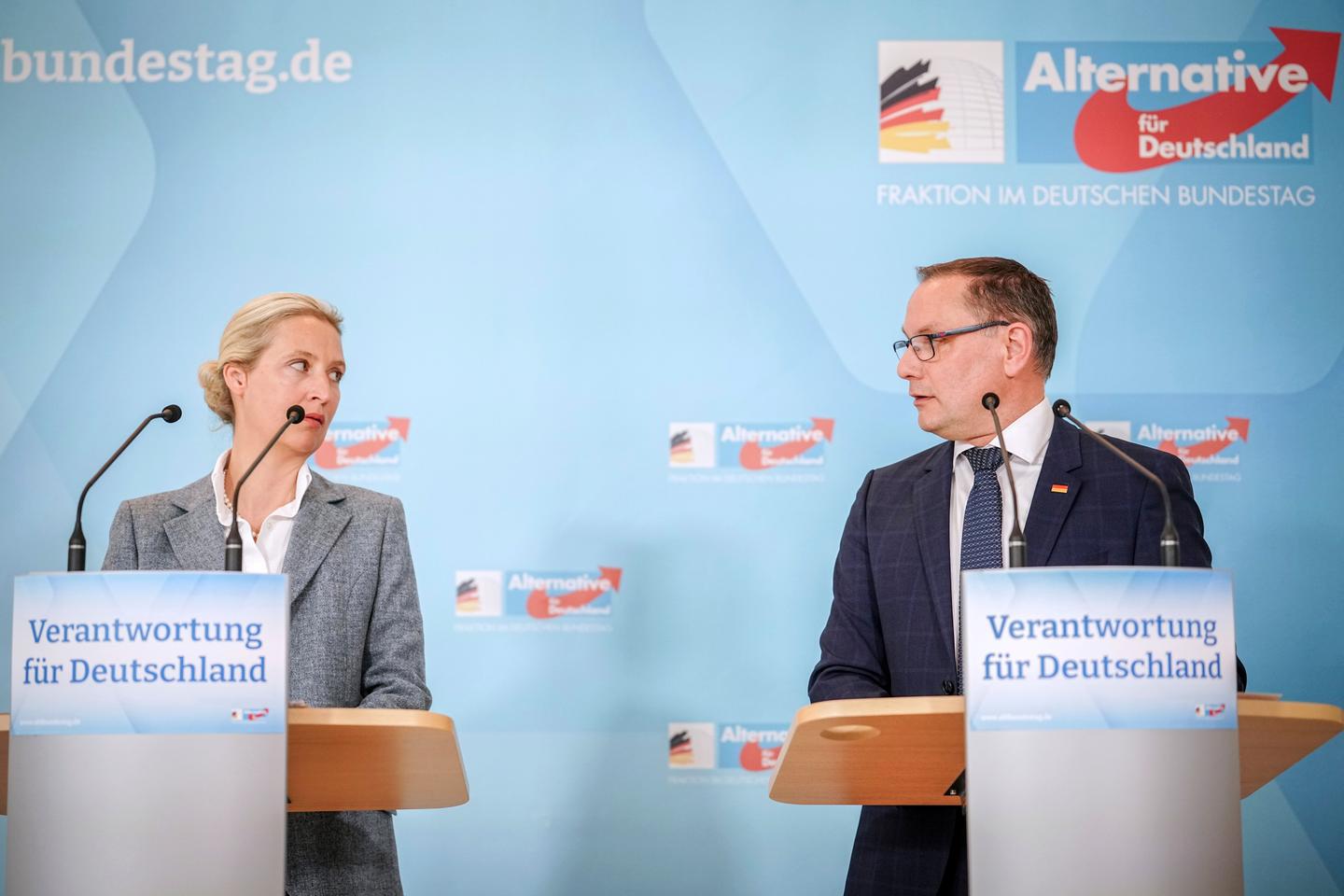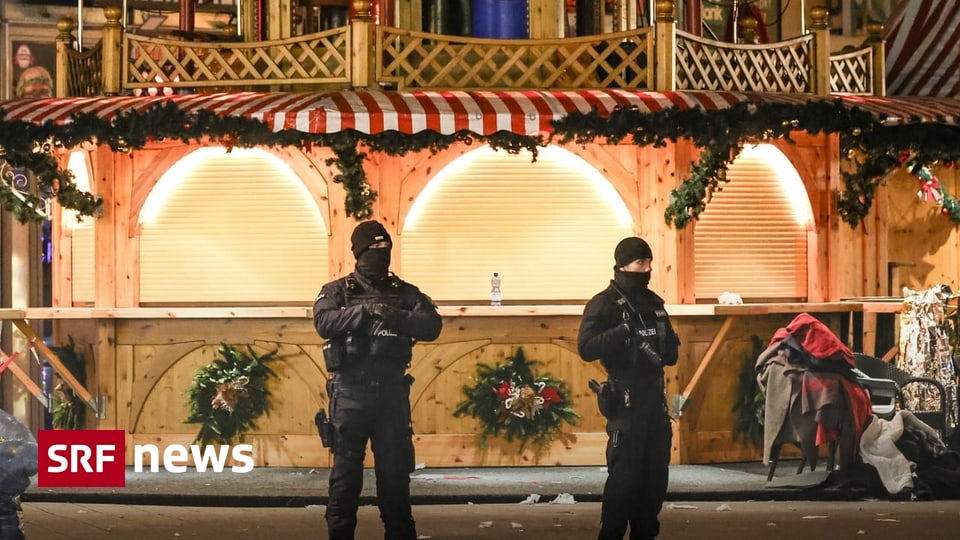World
Germany’s far-right AfD party is mired in scandal

One date has become particularly memorable for Germany’s far-right Alternative for Germany (AfD) party: July 29, 2023. On that day, some 600 delegates from the party gathered in the eastern city of Magdeburg to designate their candidates for the European elections on June 9, 2024. Unsurprisingly, MEP Maximilian Krah won the nomination to head the party’s list of candidates, but with only 66% of the vote, against a former Bundeswehr officer who was virtually unknown within the party.
At the time, observers attributed this result to Krah’s approach, which has been considered too divisive by many within the party due to his close links with the most radical European far-right parties, such as Bulgaria’s Revival party or Hungary’s Our Homeland movement. But also because his openly ethnocentric vision of Europe, which he summed up in a February 2023 statement: “The Europe we have in mind is that of the Germans, Romans and Slavs who were not Christianized by Constantinople.”
Nine months later, Krah, 47, was due to be the key speaker at an AfD rally in southwest Germany, on Saturday, April 27, to kick off the European election campaign. However, that won’t be the case. On Tuesday, it was revealed that one of his close associates was arrested in Dresden on suspicions of spying for China. On Wednesday, the Office of the Federal Prosecutor announced the opening of two preliminary investigations into the MEP, who is suspected of having illegally received money from Russian and Chinese donors.
Asked to keep a low profile
On April 16, German magazine Der Spiegel and public broadcaster ZDF reported that Krah had been questioned for several hours by the Federal Bureau of Investigation in December 2023, during a trip to New York, where he attended a gala organized by the city’s Young Republican Club, where Donald Trump was present. The subject of the interrogation was a series of messages the FBI had intercepted, which referred to mysterious “financial compensation” that Krah had allegedly received from former Ukrainian MP Oleg Voloshyn, who is close to the Kremlin.
The German MEP was adamant that he had “nothing to feel guilty about,” and that he would remain the AfD’s top candidate in the June 9 elections. Nevertheless, the party’s leaders summoned him to Berlin on Wednesday morning and asked him to keep a low profile: He will be absent from the April 27 rally, and he is not expected to appear on campaign posters or in video clips.
Deprived of its lead candidate for the kick-off of its European campaign, the AfD could have counted on its number-two candidate, Petr Bystron, who has been a member of the Bundestag since 2017, to be present. Yet he won’t be at the rally on Saturday either, as he, too, has been suspected of having received money from pro-Russian sources; in this case the Prague-based news website Voice of Europe, which was shut down at the end of March after Czech intelligence services identified it as a corruption vector designed to pay MEPs who spread Kremlin propaganda. According to the Prague-based newspaper Denik N and the German media outlets Die Zeit and ARD, the Czech intelligence services have recordings proving that Bystron was given an envelope containing €20,000 in cash by a Voice of Europe manager, Artem Marchevsky.
You have 57.7% of this article left to read. The rest is for subscribers only.









